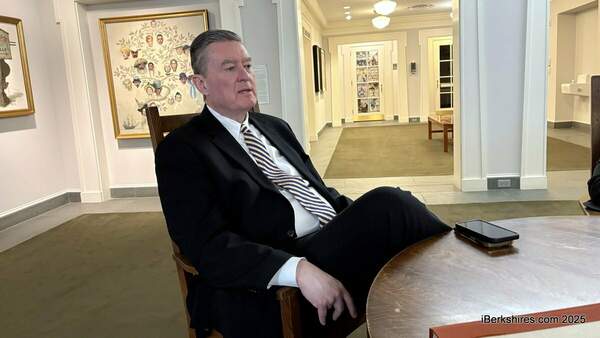Settling a Loved One's Financial Affairs
Dealing with your grief when a loved one dies is hard enough. But often you may find yourself in a situation where you have to deal with financial and investment matters as well. The feelings of uncertainty about what to do next and who to consult can be overwhelming.
The following suggestions may help guide you through the process.
Gathering the Pieces
The first time you're involved in settling a loved one's financial affairs, the many details you must address may seem bewildering and time-consuming. As a first step, you may wish to consult your attorney regarding important deadlines and procedures; in some cases, an attorney's assistance is required. Regardless, there are certain administrative tasks you should complete before too much time lapses.
Obtain death certificate copies. Order 10 to 20 copies. The funeral home can help you obtain them for filing insurance and benefits claims, transferring assets, closing bank and credit card accounts, etc. If you find that you need more copies later on, additional documents can be obtained at www.vitalrec.com/html.
Locate the Will
It's important to find the will if the person who has died (the decedent) has left one. The will names a personal representative, also called the executor, who may be a family member, or an institution, such as a bank. Generally, the personal representative must file the will in probate court or have an attorney file it, if the state requires. In general, the will should be filed regardless of whether the estate will be subject to probate. If the will is found in a safe-deposit box at the decedent's bank, the bank will usually file it with the probate court. You may want the personal representative and his or her attorney to be present when the safe-deposit box is opened to inventory its contents.
Apply for a Taxpayer ID Number
The personal representative must apply for a taxpayer ID number for the estate using IRS Form SS-4. (Call 800-829-4933 or apply at www.irs.gov to expedite the process.) This number must be included on tax returns, bank and brokerage statements, and other documents filed concerning the estate. If you fail to include a taxpayer ID number when the IRS requires it, you may be fined.
Notify Social Security
If the decedent was receiving Social Security benefits, you must notify his or her local Social Security office. Benefits to the decedent must stop; benefit overpayments after an individual's death will result in a difficult repayment process.
Contact Employer(s)
Contact the decedent's current or former employer(s) for information on life insurance policies, health insurance coverage, union death benefits, pension plans and retirement plan benefits. Company benefits departments can instruct you on the procedures for obtaining proper forms and filing claims.
As you begin the process of gathering the documents necessary to settle your loved one's financial affairs, be on the lookout for documents that may affect the disposition of the estate or the division of assets. You should consult an attorney to learn the items required based on the decedent and the circumstances. Your check list of documents should include:
• Will
• Letter of instruction
• Trust documents
• IRA/retirement plan documents
• Pension plan/401(k) statements
• Life insurance policies
• Bank, credit union and credit card account statements
• Annuity contracts
• Stock option/deferred-compensation agreements
• Deeds to real estate (recent mortgage statement)
• List of assets
• List of liabilities
• Income tax returns
• Gift tax returns
• Safe-deposit box contents
• Beneficiary designations
• Automobile titles, registrations, loan/lease agreements
• Transfer-on-death (TOD) agreements
• Health insurance information
• Birth certificate, marriage certificate(s), Social Security card
• Military discharge papers
• List of advisers
• Contact list of family members and friends (address book)
To help you determine the appropriate next steps in this process, talk with a financial adviser, attorney and tax/legal professionals for guidance, and call for the free reports, guide for personal representatives and guide for successor trustees by contacting Jonathan Buoni at Wells Fargo Advisors at 413-755-1171.
















